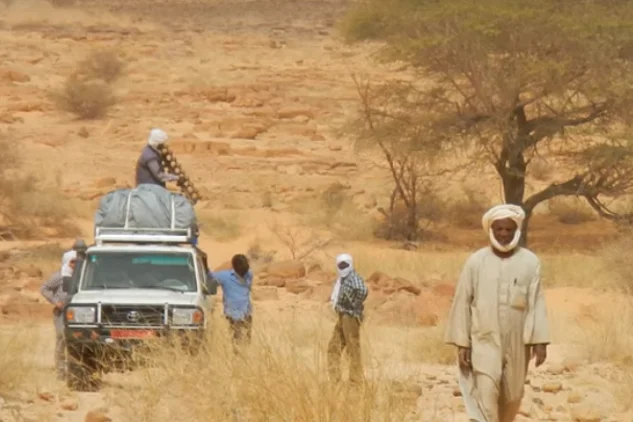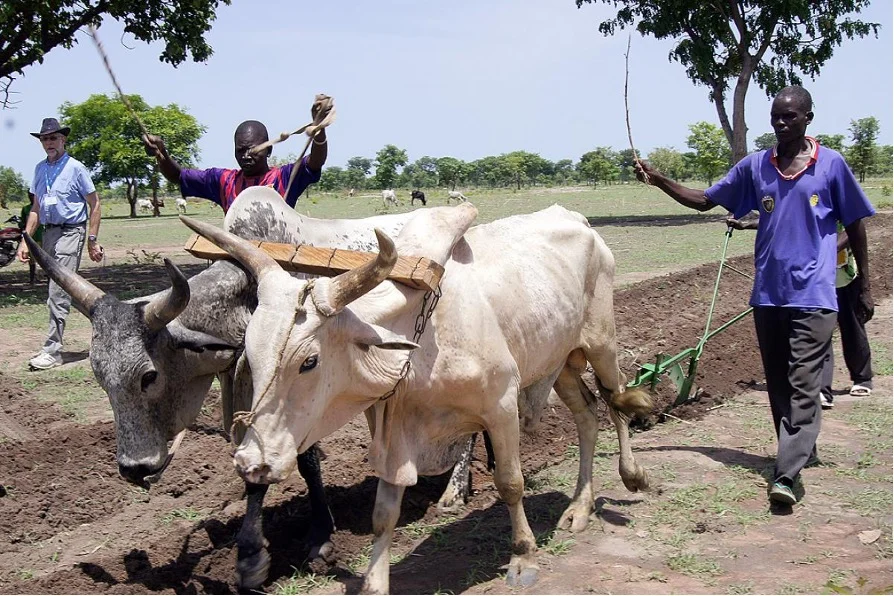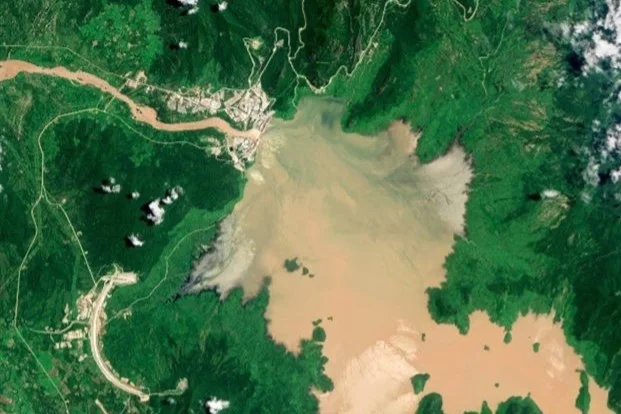Sustainability efforts – Tackling water scarcity in Chad with the ResEau project

As explored in the article Using 3D Technology to Find Water for Refugees, water is a key resource challenge for every population centre in the world. The Republic of Chad in Central Africa is no exception.
Like many countries in the region, Chad suffers from water scarcity. Most of the population is rural and work as either farmers or pastoralists, so water is needed for drinking and agriculture.
To help Chad manage their water, the ResEau project was launched by the Operational Satellite Applications Program (UNOSAT) after a request from the Ministry of Hydraulics in Chad. The UNOSAT team was well positioned to do this project, since they had already completed a similar water resource mapping project in Eastern Chad during the Darfur crisis.
The ResEau project is jointly financed by the Government of Chad and the Swiss Agency for Development and Cooperation and will last for ten years. The overarching goal of the project is to support integrated water resource management in Chad, through education and enhanced resources and technologies.
The first phase of the ResEau project focused on mapping the north and eastern areas of Chad. The focus is currently on mapping and compiling data in the central region. Later, the southern region of Chad will be mapped.
Seequent software Leapfrog is being used to create 3D models of the areas.
To learn more about the project, watch UNOSAT’s video:
Although the ResEau project is still underway, it has already had significant impacts for Chad. The project has so far vastly improved the success of drilling for water in Chad. Before the project, only 30-40% of the drilled boreholes in the northern and eastern part of the territory were successful, but now, the success rate is above 60%.
In addition, the ResEau project is making great strides in building Chad’s expertise in hydrogeology and related fields. As part of the ResEau project, a Masters degree programme in Hydrology and GIS (HydroGIS) was established at the University of N’Djamena in 2013 with the support of University of Neuchâtel. As of today, 25 students have graduated with a 2nd level Master’s, and 9 of these graduates were from the Ministry of Water and Sanitation (MEA). 68 students have completed their 1st level Master’s, half of whom are also from the MEA.
The ResEau project will enrich the livelihood of all those who live in Chad, by providing the skills and knowledge needed for a robust integrated water management system. Seequent is proud to support the creation of 3D geological models for the ResEau project, and is excited to follow its progress in the coming years.
 Albania
Albania Algeria
Algeria Andorra
Andorra Argentina
Argentina Armenia
Armenia Australia
Australia Austria
Austria Azerbaijan
Azerbaijan Bahrain
Bahrain Belgium
Belgium Bolivia
Bolivia Brazil
Brazil Bulgaria
Bulgaria Cambodia
Cambodia Cameroon
Cameroon Canada
Canada Chad
Chad Chile
Chile China
China Colombia
Colombia Costa Rica
Costa Rica Croatia
Croatia Cyprus
Cyprus Czechia
Czechia Denmark
Denmark Ecuador
Ecuador Egypt
Egypt Finland
Finland France
France Georgia
Georgia Germany
Germany Ghana
Ghana Greece
Greece Hungary
Hungary Iceland
Iceland India
India Indonesia
Indonesia Ireland
Ireland Italy
Italy Jamaica
Jamaica Japan
Japan Jordan
Jordan Kazakhstan
Kazakhstan Kenya
Kenya Kuwait
Kuwait Latvia
Latvia Lebanon
Lebanon Libya
Libya Lithuania
Lithuania Luxembourg
Luxembourg Malaysia
Malaysia Maldives
Maldives Mali
Mali Malta
Malta Mexico
Mexico Moldova
Moldova Monaco
Monaco Morocco
Morocco Netherlands
Netherlands New Zealand
New Zealand Nigeria
Nigeria North Macedonia
North Macedonia Norway
Norway Oman
Oman


